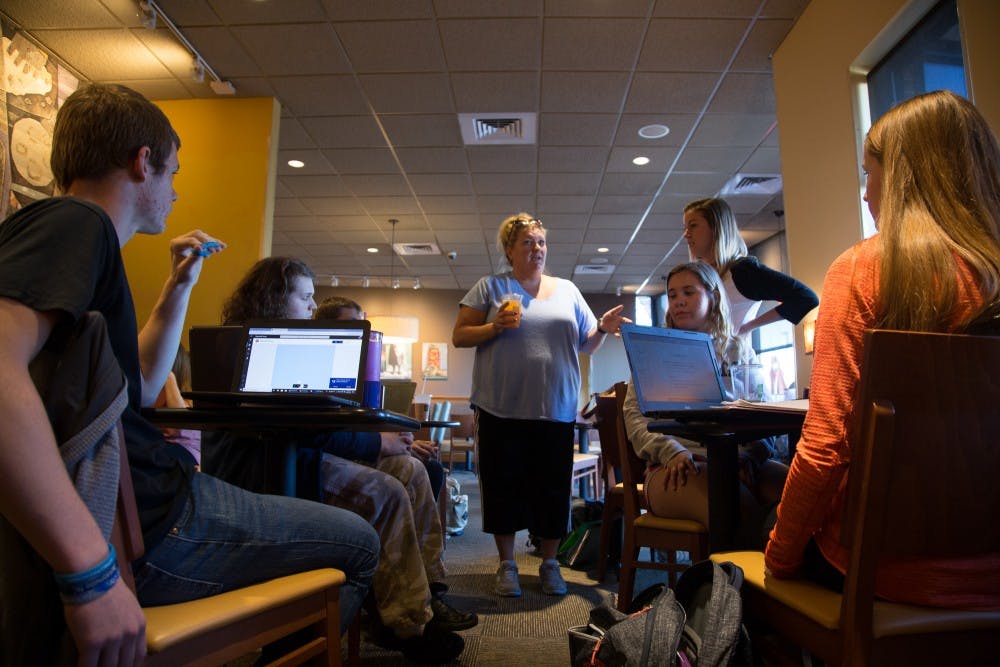On the morning of Monday, Sept. 17, an Orange County Schools bus full of drenched and shivering students encountered high water when driving through a flooded section of Old N.C. 10.
Chapel Hill-Carrboro City Schools and Wake County Public Schools opted to cancel class that day, which kept their students and staff safely indoors, but gave these districts each a total of three school days missed during Hurricane Florence, all of which have to be made up.
This is a dilemma that many school districts in North Carolina face, according to Chapel Hill-Carrboro City Schools spokesperson Jeff Nash. Nash’s district elected to cancel classes that day because of the possibility of flooding, but he said some school districts are hesitant to cancel class when severe weather hits because of a school calendar law that offers little flexibility when scheduling makeup days.
“School districts wish that this calendar law was no longer in effect, so we can start and end schools when we feel it’s appropriate for our community,” he said. “So if we wanted to add makeup days to the end of the school year, we can do that without the state having to be involved in that.”
Both Orange County Schools and Durham Public Schools closed Thursday, Sept. 13 and Friday Sept. 14, as Hurricane Florence made landfall nearby. Flood levels were projected to go down by Monday, so both districts held class. Then flash floods hit that morning, devastating the roads, school buses and other commuters.
This school calendar law has been a hotly debated topic among North Carolina educators since it was passed in 2012. Senate Bill 187 states that schools must start and end during particular weeks in August and June, respectively, and must have a minimum of 185 days or 1,025 hours of instruction.
On Oct. 2, the General Assembly passed Senate Bill 2, which gave schools calendar flexibility for makeup days and provided that staff wouldn't lose any pay during the days schools were closed. School administrators in declared disaster areas on the coast may waive up to 20 of their days missed. Those not in disaster areas, like school districts in the Triangle, must make up at least two of their missed days but may waive the rest.
This bill passed after many school districts had already scheduled or held makeup days for classes missed during Florence. Many school districts in the Triangle missed four to five days total from Florence and Michael. These districts were able to use the waived makeup days for the days they missed during Hurricane Michael. Some, like Wake County Public School System, missed two days during Michael, so they waived two makeup days.
North Carolina school calendars typically have five to 10 days set aside to be used as makeup days when severe weather hits. This year, the one-two punch of Florence and Michael caused some school districts on the coast to miss more than 30 school days.



